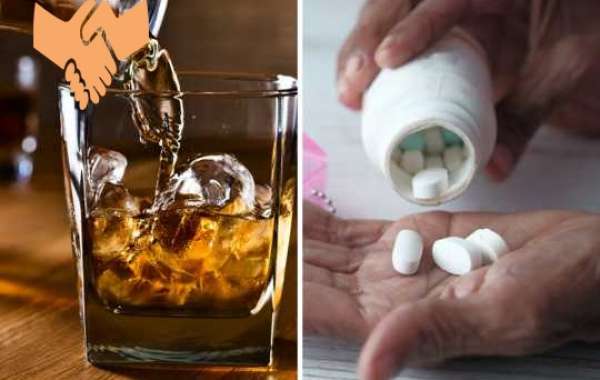Alcohol abuse can cause a variety of problems, including domestic violence, mental health issues, unemployment and legal problems. Drinking can also exacerbate underlying medical conditions.
If you struggle with an addiction to alcohol, it is important to get treatment. Your doctor can help you identify signs of alcohol abuse and provide treatment referrals.
Stages of Alcohol Addiction
During the early stage, someone may drink regularly but not to excess. They might be in denial about their drinking and appear normal to those around them. Their body, however, starts to depend on alcohol and will show signs of physical dependence. People in this stage of alcohol addiction may experience withdrawal symptoms when they don’t drink.
Those in the middle stage of alcohol addiction will begin to drink more frequently and in larger quantities. They might lose control of their drinking and start neglecting responsibilities at work or home. This is the beginning of full-blown alcoholism and many in this stage will experience severe physical and mental health problems as a result of their chronic drinking habits.
The last and final phase of alcohol addiction is called late-stage or end-stage alcoholism. Those in this stage will show physical signs of dependence on alcohol including tremors and hallucinations. They will spend the majority of their time servicing their alcohol habit and often will ignore other responsibilities in favor of consuming alcohol.
Treatment Options
Many people who have drinking problems are able to quit or reduce their alcohol use on their own, especially when they get support from others in mutual-help groups such as Alcoholics Anonymous. But for those who have serious alcohol addiction or are at risk of developing it, professional help is usually needed.
Alcohol treatment programs typically include individual and group therapy sessions led by a counselor or other trained professionals, such as social workers or nurses. They may also offer complementary therapies, such as yoga, which can relieve stress and improve mood by combining poses with controlled breathing, or acupuncture, in which hair-thin needles are inserted into specific points on the body to alleviate tension and pain.
Medications are often used to treat alcohol addiction, including the U.S. Food and Drug Administration-approved drugs naltrexone (oral Depade or long-acting injectable Vivitrol), acamprosate (Campral) and disulfiram (Antabuse), which can decrease cravings, increase abstinence rates and prevent relapse by triggering unpleasant symptoms if a person tries to drink. But medications by themselves seldom provide lasting recovery. That's why physicians recommend combining them with therapy in a treatment program called medication-assisted therapy.
Symptoms of Alcohol Addiction
If a person is regularly drinking more than they intend to or they are experiencing withdrawal symptoms when they stop, they may have an alcohol addiction. They may also exhibit other problems associated with unhealthy alcohol use, such as failing to fulfill major roles at home or work, drinking to escape unpleasant emotions or experiences, or engaging in risky behaviors like driving while under the influence of alcohol.
Heavy drinking can also have severe consequences, including esophageal and liver problems, thinning bones, memory impairment, dementia and a higher risk of death. It can cause family violence, child abuse and neglect; it can contribute to depression and anxiety; and it can increase the risk of suicide and blackouts.
Many people who have an addiction to alcohol are using it to self-medicate a mental health condition, such as anxiety or depression. Treatment programs often incorporate therapy to address these issues, and sometimes medication as well. This is known as dual diagnosis treatment.
Prevention
Drinking too much on a regular basis changes how the brain functions in ways that affect judgment, control and motivation. This can cause people to use alcohol to manage negative feelings or experience pleasure. Unhealthy drinking can result in many problems, such as trouble with work or school, legal issues, and problems with family and friends.
Talking to a doctor or therapist may be helpful for people who have problems with alcohol. Therapists can help identify the root causes of the problem, repair relationships and learn healthier coping skills. They can also teach strategies for staying sober and avoiding relapse.
There are also FDA-approved medications that can help reduce alcohol intake or prevent relapse. These medications can be used along with therapy or by themselves. Other things that can help are exercising, getting enough sleep and focusing on a healthy diet. It is important to avoid people and situations that may trigger problem drinking. Also, it is a good idea to let friends and family know that you are trying to stop or cut back on your drinking.








